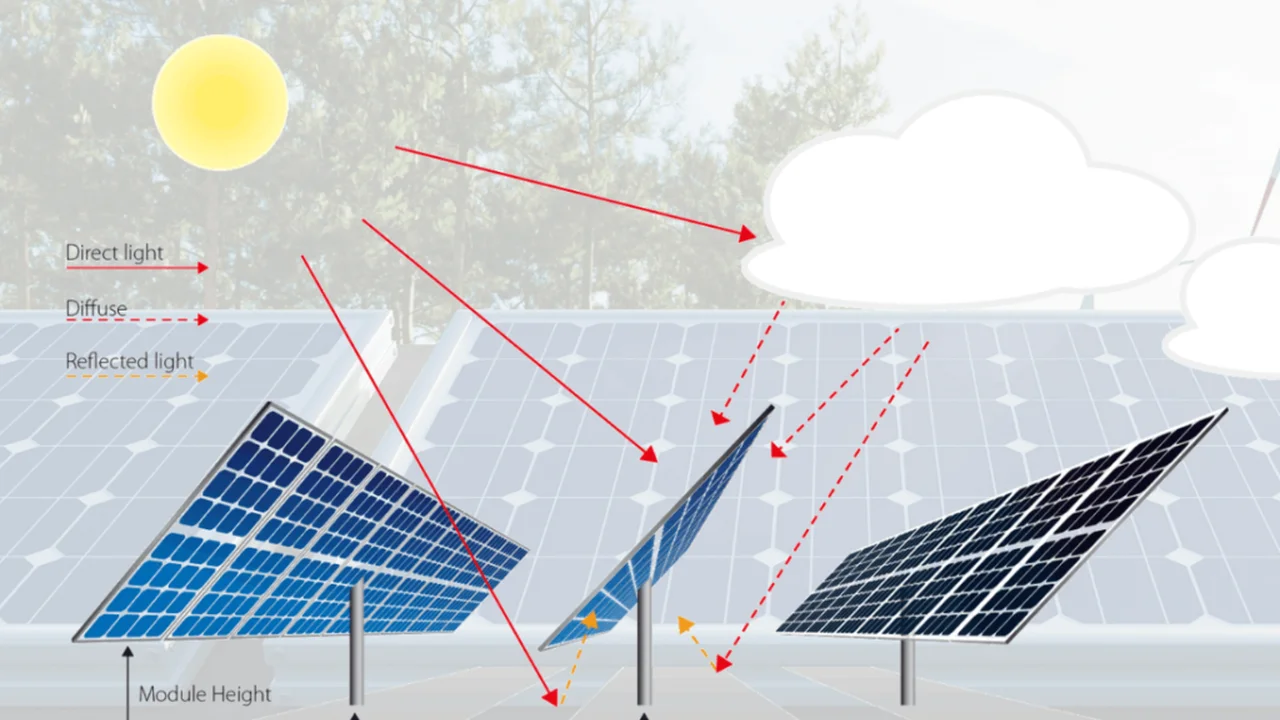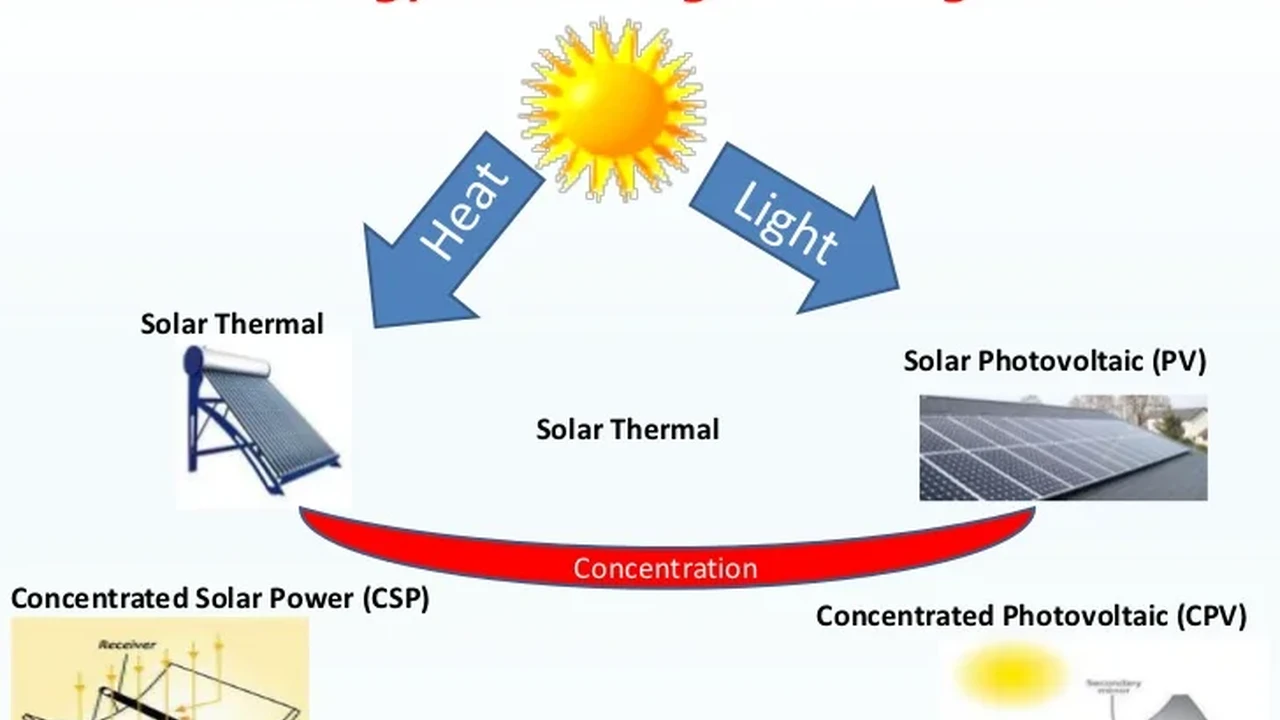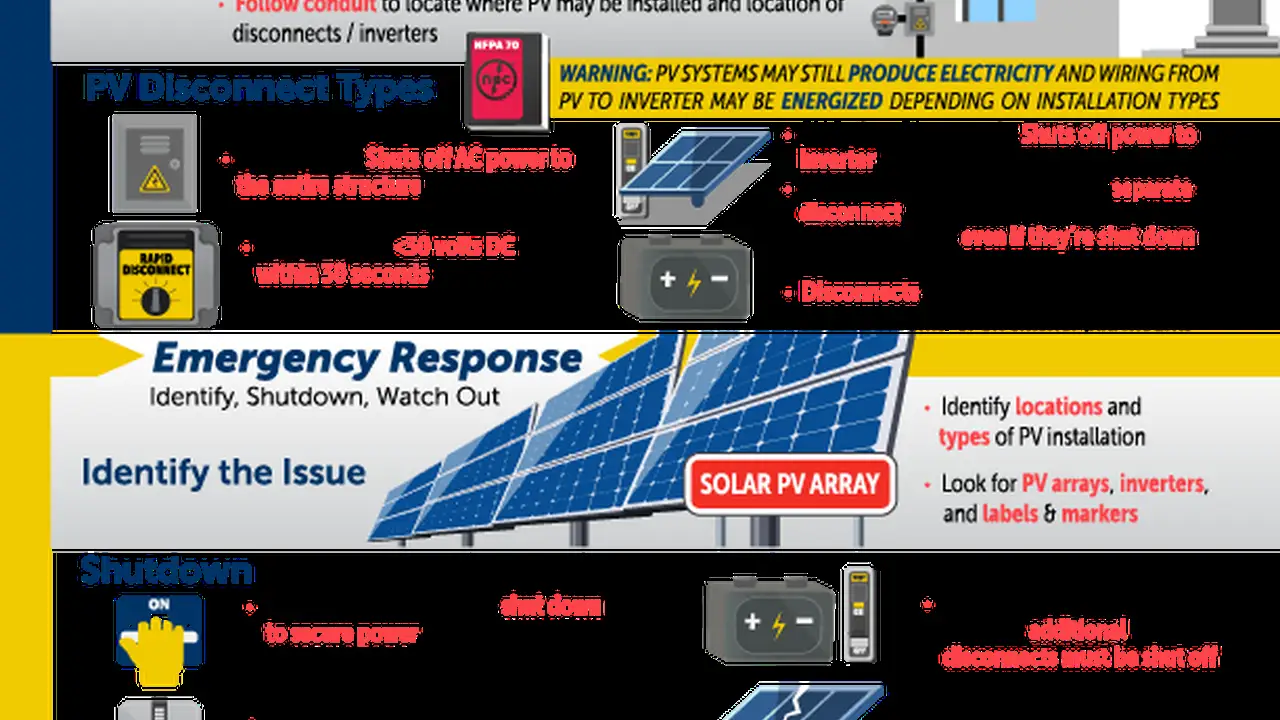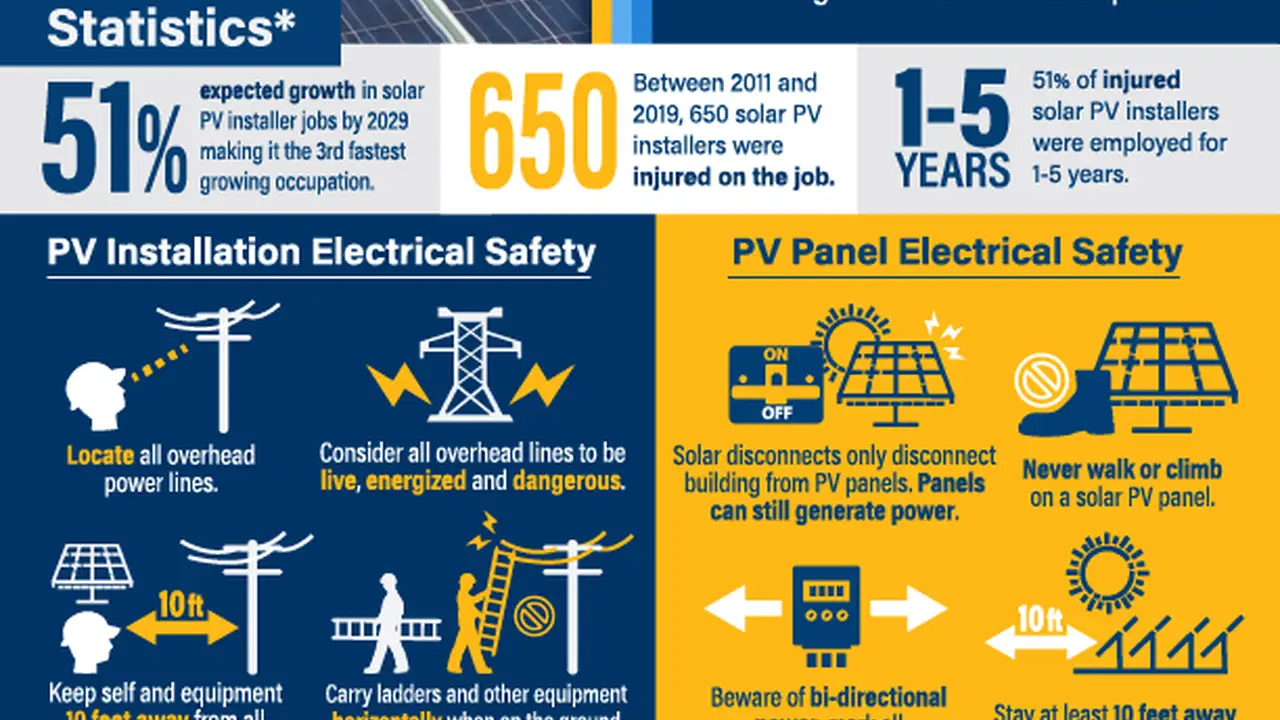Solar Panel and Net Metering: Selling Excess Energy
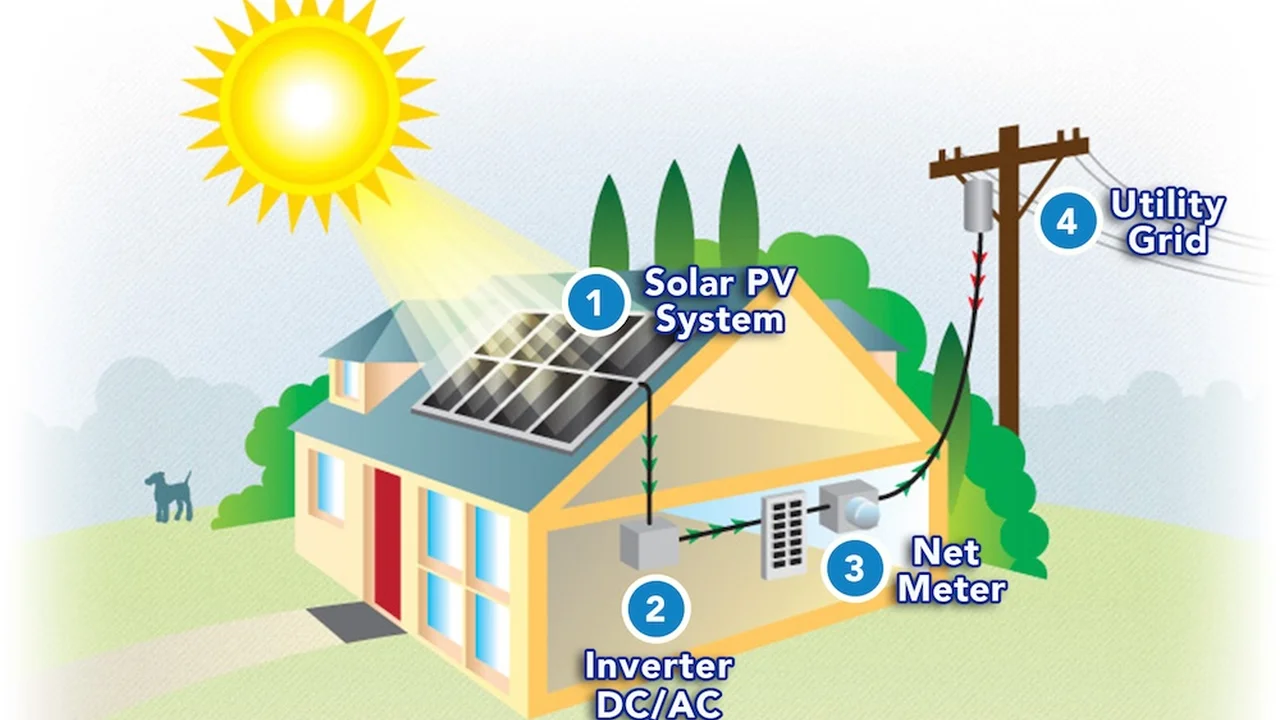
Understanding Net Metering and Solar Panel Energy Export
So, you've gone solar! Congrats! One of the coolest perks of having solar panels is the ability to actually *sell* the extra electricity you generate back to the grid. This is called net metering, and it's a sweet deal that can significantly lower your electricity bills, and even potentially earn you some money. Let's break down how it works.
Basically, when your solar panels produce more electricity than your home is using, that excess power doesn't just disappear. Instead, it flows back into the power grid. Your utility company then credits you for that electricity. Think of it like this: your electric meter spins backward, reducing the amount you owe them each month. How awesome is that?
The exact details of net metering policies vary depending on your location and your utility company. Some utilities offer a full retail rate credit for every kilowatt-hour (kWh) you send back to the grid. This means you get the same rate for your exported electricity as you pay for electricity you consume from the grid. Other utilities might offer a lower rate, called an "avoided cost" rate, which is generally the wholesale price of electricity. It's super important to check with your local utility company to understand their specific net metering policies. This will impact your overall return on investment (ROI) on your solar panel system.
Benefits of Selling Excess Solar Energy Through Net Metering
Besides just saving money on your electricity bill, there are several other advantages to net metering:
- Reduced Electricity Bills: This is the most obvious benefit. By offsetting your electricity consumption with solar power and selling excess energy, you'll significantly reduce your reliance on the grid and lower your monthly bills.
- Faster ROI: Net metering helps you recoup your initial investment in solar panels faster. The more electricity you export, the quicker you'll reach the break-even point.
- Increased Energy Independence: Solar panels, coupled with net metering, give you more control over your energy consumption and reduce your dependence on traditional power sources.
- Environmental Benefits: By generating clean, renewable energy, you're helping to reduce your carbon footprint and contribute to a more sustainable future. You're basically a superhero for the planet!
- Grid Stability: When many homes generate solar power and feed it back into the grid, it can help stabilize the grid and reduce the strain on traditional power plants.
Solar Panel Inverters and Their Role in Net Metering Systems
The unsung hero of your net metering setup is the solar panel inverter. This device is responsible for converting the direct current (DC) electricity generated by your solar panels into alternating current (AC) electricity, which is the type of electricity used in your home and the grid. There are two main types of inverters commonly used in residential solar systems:
- String Inverters: These are the traditional type of inverter, where all the solar panels are connected in a series (like a string of lights) to a single inverter. String inverters are generally more affordable but can be less efficient if some of your panels are shaded.
- Microinverters: These inverters are attached to each individual solar panel. This allows each panel to operate independently, maximizing energy production even if some panels are shaded. Microinverters are more expensive than string inverters but offer better performance and monitoring capabilities.
The inverter also plays a crucial role in monitoring your solar panel system's performance and communicating with the utility grid. It tracks how much electricity you're generating and exporting, providing valuable data for optimizing your energy usage.
Choosing the Right Solar Panels for Maximum Energy Export and Savings
Selecting the right solar panels is crucial for maximizing your energy production and savings. Consider these factors when choosing your solar panels:
- Efficiency: Higher efficiency panels produce more electricity per square foot, allowing you to generate more power with a smaller roof area.
- Power Output: The power output rating of a solar panel indicates how much electricity it can generate under ideal conditions. Choose panels with a high power output for maximum energy production.
- Warranty: Look for panels with a long warranty (at least 25 years) to protect your investment.
- Durability: Solar panels should be able to withstand harsh weather conditions, such as extreme temperatures, heavy snow, and strong winds.
Here are a few highly-rated solar panel brands known for their performance and reliability:
- SunPower: Known for their high efficiency and industry-leading warranty. Their panels are pricey, but you get what you pay for.
- Panasonic: Another top-tier brand with excellent efficiency and durability.
- LG: Offers a range of solar panels with good efficiency and a solid warranty.
- REC Group: A popular choice for homeowners looking for a balance of performance and affordability.
- Q CELLS: Another good value option.
Specific Solar Panel Product Recommendations and Pricing
Let's dive into some specific solar panel product recommendations with example pricing (prices can vary significantly based on location, installer, and promotions):
SunPower Maxeon 3 400W
Description: SunPower's Maxeon series is renowned for its unmatched efficiency and reliability. The Maxeon 3 400W panel boasts a high efficiency rating (around 22.6%) and an industry-leading 25-year warranty. This makes it a great choice if you want the best possible performance and peace of mind. These are often used in residential installations where space is limited, but maximum power is desired.
Estimated Price: $3.00 - $4.00 per watt (panel only)
Panasonic EverVolt 370W
Description: Panasonic EverVolt panels offer a great combination of performance, durability, and aesthetics. The 370W panel has a high efficiency rating (around 21.2%) and a 25-year warranty. Panasonic is known for its rigorous quality control and reliability, making their panels a solid investment for the long term. These are a popular choice for homeowners who value aesthetics as well as performance, as they have a sleek, all-black design. They are often used in residential and small commercial installations.
Estimated Price: $2.80 - $3.50 per watt (panel only)
REC Alpha Series 405W
Description: The REC Alpha Series panels are a great option for homeowners looking for a balance of performance and affordability. The 405W panel has a high efficiency rating (around 20.6%) and a 25-year warranty. REC is a well-established brand with a strong reputation for quality and reliability. These are often used in both residential and commercial applications where cost is a significant factor, but good performance is still required.
Estimated Price: $2.50 - $3.20 per watt (panel only)
Q CELLS Q.PEAK DUO G10 400W
Description: If you're on a tighter budget, the Q CELLS Q.PEAK DUO G10 panels offer excellent value for money. The 400W panel has a good efficiency rating (around 20.3%) and a 25-year performance warranty. Q CELLS is a leading manufacturer of solar panels, known for their quality and affordability. These are frequently used in large-scale residential and commercial projects where maximizing energy generation within a budget is paramount.
Estimated Price: $2.20 - $2.80 per watt (panel only)
Understanding Solar Panel System Costs and Incentives
The total cost of a solar panel system depends on several factors, including the size of the system, the type of panels and inverter you choose, and the complexity of the installation. However, there are several incentives and rebates available that can significantly reduce the cost of going solar.
- Federal Tax Credit: The federal government offers a tax credit for a percentage of the cost of your solar panel system. This can significantly reduce your overall investment.
- State and Local Incentives: Many states and local governments offer additional incentives, such as rebates, tax credits, and grants, to encourage homeowners to go solar.
- Net Metering Credits: As discussed earlier, net metering allows you to sell excess electricity back to the grid, further reducing your electricity bills.
Be sure to research all the available incentives in your area to maximize your savings.
Tips for Maximizing Your Solar Panel Energy Export and Net Metering Credits
Here are some tips to help you maximize your solar panel energy export and net metering credits:
- Optimize Panel Placement: Install your solar panels in a location that receives maximum sunlight throughout the day. South-facing roofs are generally ideal.
- Reduce Energy Consumption: The less electricity you use, the more you can export to the grid. Consider energy-efficient appliances and lighting.
- Monitor Your System: Regularly monitor your solar panel system's performance to identify any potential issues and ensure it's operating at peak efficiency.
- Consider Battery Storage: Adding battery storage to your solar panel system allows you to store excess electricity for later use, further reducing your reliance on the grid.
- Time of Use (TOU) Rates: Some utilities offer Time of Use rates, where electricity prices vary depending on the time of day. If your utility offers TOU rates, you can maximize your savings by using more electricity during off-peak hours and exporting more electricity during peak hours.
The Future of Net Metering and Solar Energy
Net metering policies are constantly evolving, and the future of net metering may look different in different states. Some utilities are exploring alternative compensation models for solar energy, such as value-of-solar tariffs (VOST), which take into account the various benefits of solar energy, such as its environmental benefits and its contribution to grid stability.
Despite the potential changes, solar energy is poised to play an increasingly important role in the future of energy. As solar panel technology continues to improve and costs continue to decline, more and more homeowners will be able to generate their own clean, renewable energy and reduce their reliance on traditional power sources. So, go solar, folks! It's a win-win for your wallet and the planet!
:max_bytes(150000):strip_icc()/277019-baked-pork-chops-with-cream-of-mushroom-soup-DDMFS-beauty-4x3-BG-7505-5762b731cf30447d9cbbbbbf387beafa.jpg)



